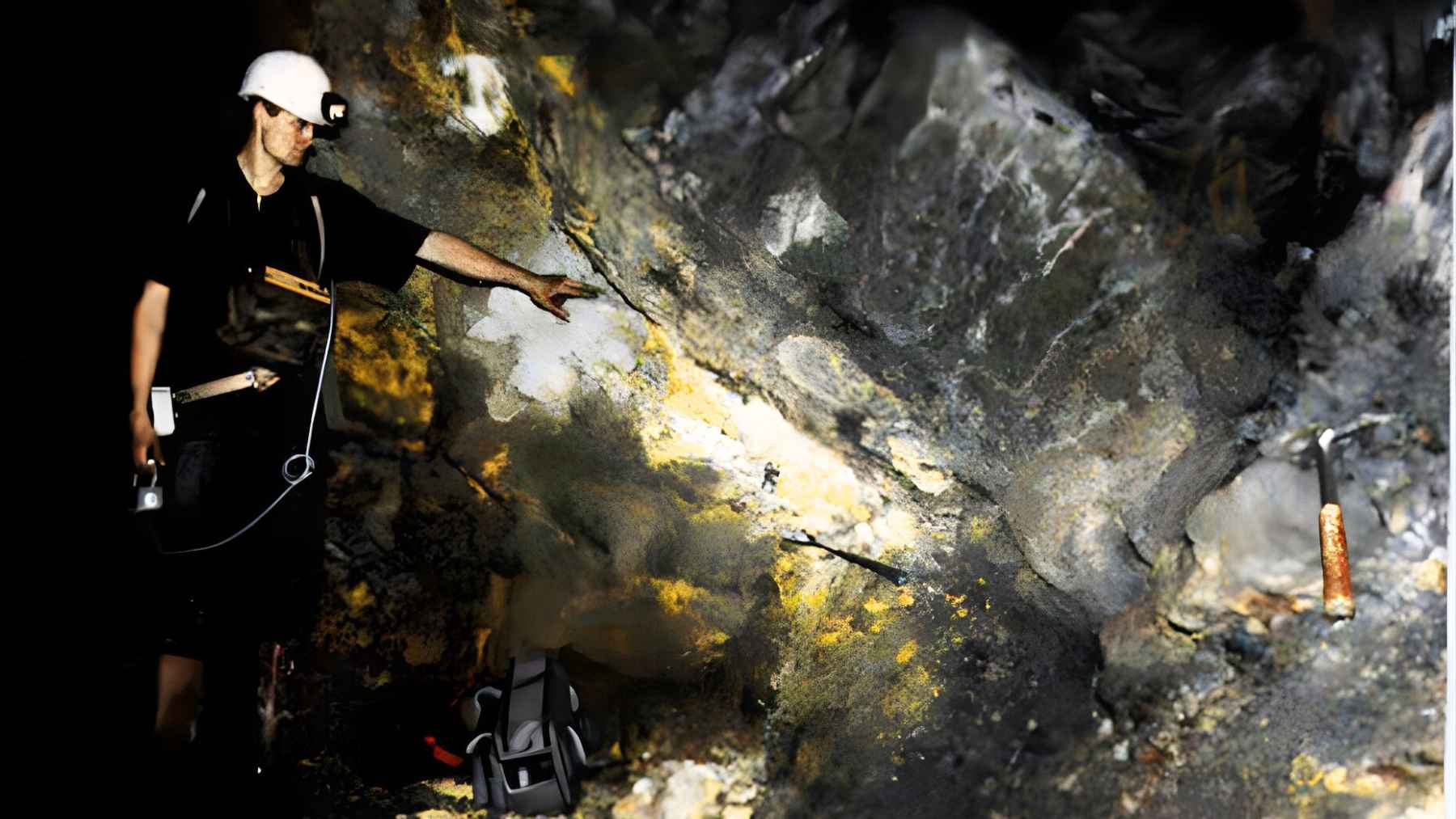A manned mission to Mars may be closer than we think. Thanks to innovation from Russian scientists, we may see a manned mission to the Red Planet which overcomes a variety of logistical and technical challenges. Ever since humans first stepped foot on the moon in 1969, visiting our neighboring planet has long been seen as the next step in human exploration of space. Technological capabilities of exploring space have continued to advance significantly, and Mars is next on the agenda.
The challenge of getting a manned mission to Mars
Mars has long captured the imagination of scientists, engineers, and the general public alike. Hailed as a representation of the pinnacle of human technological capabilities, seeing a manned mission touch down on the planet would highlight how the potential of human scientific endeavors knows no bounds. However, getting a manned mission to the Red Planet comes with a variety of difficulties, particularly in terms of travel time needed.
Mars is over 140 million miles away from Earth. With current technological capabilities of our rockets, that would mean that it would take approximately 18 months to three years for a round trip. Not only would this be an incredibly isolating time for astronauts, but problems to due with fuel consumption and keeping astronauts onboard sustained for that long is a major endeavor.
Russian cosmonaut Valeri Polyakov currently holds the record as the person who has been in space for the longest amount of time at 14 months. However, he was abord the Mir space station, which (comparatively speaking) is easier to support than a traveling mission like the Mars one would be.
Russia makes extreme breakthrough in Mars mission
Recently in February of this year, Russia’s state-owned Rosatom has announced that they have made significant advancements in the development of a plasma electric rocket engine which, according to the company, could reduce the travel time of a mission from Earth to Mars to a mere two months.
“A plasma rocket motor is a type of electric motor. It is based on two electrodes. Charged particles are passed between them, and at the same time a high voltage is applied to the electrodes. As a result, the current creates a magnetic field that pushes the particles out of the engine. Thus, the plasma receives directional motion and creates thrust,” Izvestia quoted Egor Biriulin, a junior researcher at Rosatom’s scientific institute in Troitsk, as saying.
The engine would mean a breakthrough in space travel, whereby the time logistic problem could be solved entirely:
“Currently, a flight to Mars using conventional engines can take almost a year one way, which is dangerous for astronauts due to cosmic radiation and exposure to radiation. Using plasma engines can shorten the mission to 30-60 days…” says Alexey Voronov, first deputy director general for science at the Rosatom Research Institute in Troitsk
The journey to Mars may be sooner than we think
As of now, Rosatom’s Troitsk Institute has already developed their laboratory prototype of the breakthrough plasma engine. The prototype will now move into a new phase of rigorous ground testing in order to ensure that it is operationally ready to be fitted for a flight model. The company hopes to have a flight model ready by 2030.
This new engine showcases how scientific expertise continues to advance rapidly, and that the pursuit for space exploration knows no limits. Plasma technology seems to hold great potential in seeing a manned mission to Mars and beyond, with American company Howe Industries also moving into a new phase of testing with this technology. Increased collaboration across industries and continents may also hold the key to seeing a pooling of a resources to advance space travel.
Disclaimer: Our coverage of events affecting companies is purely informative and descriptive. Under no circumstances does it seek to promote an opinion or create a trend, nor can it be taken as investment advice or a recommendation of any kind.














